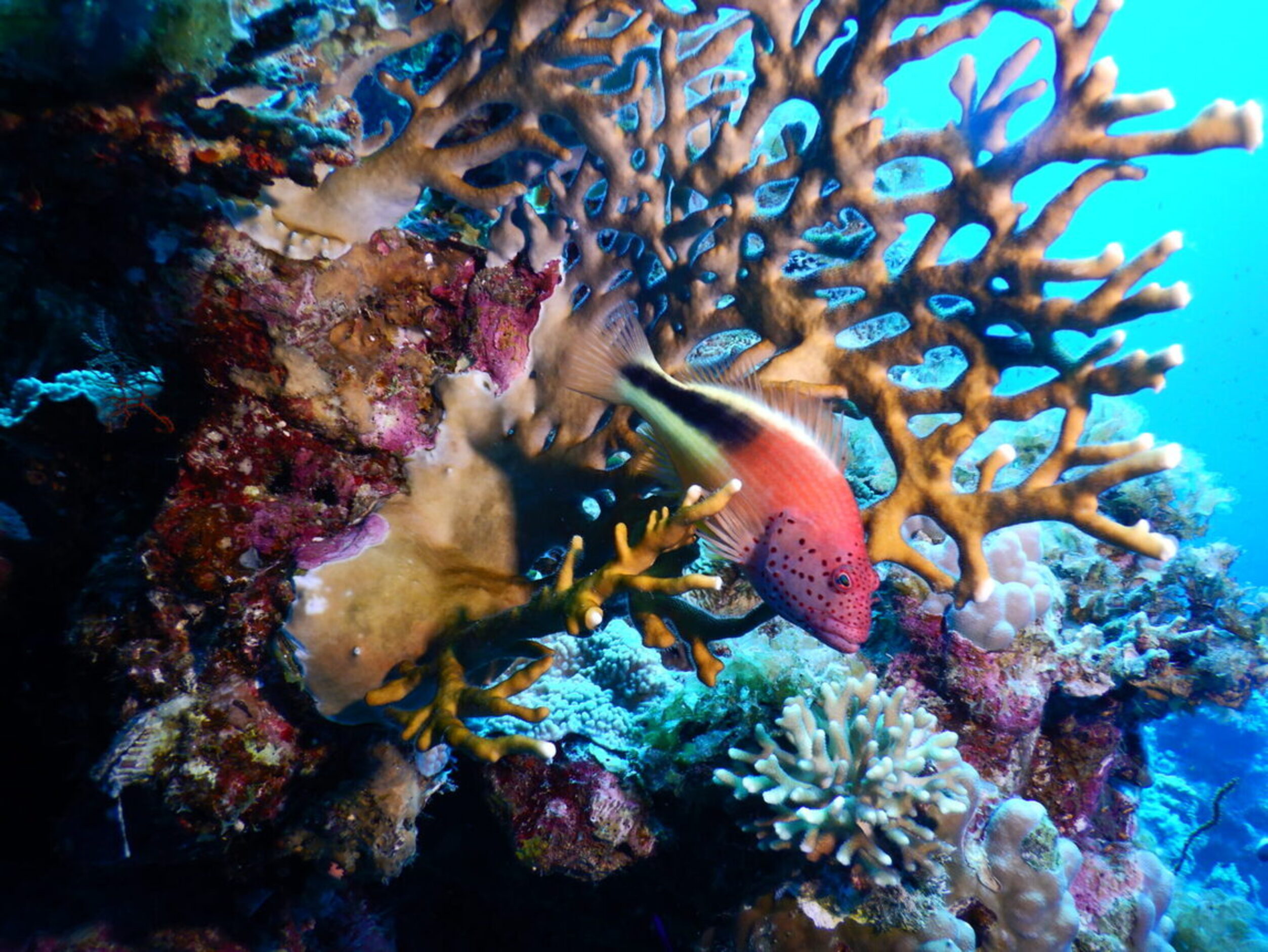DEUTSCHE WELLE (17/1/2022)
Beneath the warm, crystal-clear waters of the Gulf of Aqaba at the northern tip of the Red Sea, lies a bustling city of colorful corals. At sunrise, fish emerge from their coral shelters, joining eels, turtles and octopuses to swim through these teeming waters.
This vibrant scene is untouched by the mass bleaching that has plagued reefs elsewhere. Most corals can only survive within a narrow temperature range. As oceans get warmer, stressed corals evict their energy-producing algae and lose their color. When corals bleach and die, entire ecosystems can collapse with them.
A recent study found that 14% of the world’s coral reefs were lost in less than a decade. Ravaged by global heating, pollution and habitat destruction, global coral reef cover has halved since the 1950s. Experts predict that up to 90% of corals could perish in the coming decades.
But some hope is emerging from the northern shores of the Red Sea, as Aqaba’s corals appear unaffected by steadily warming waters.
“We found that the corals in Aqaba could withstand temperatures far above the summer maximum of 27 degrees [Celsius],” said Maoz Fine, a marine biology professor who led research on coral heat-resilience at The Interuniversity Institute for Marine Sciences in Eilat (…)
